A vision statement is a short aspirational statement of direction for your Family of Parishes — the where we are going, and why we do what we do to get there.
Once a vision statement has been drafted, it is important to validate that the vision statement provides aspirational direction and inspiration to all components of a vital parish. The Beacons of Light principles and vision points concisely define parish vitality. Thus, comparing your draft vision statement with the principles provides a sounding board to confirm the appropriateness of the proposed vision statement. The Principle Vision Impact Form is used during the Family Visioning Process and allows teams of Family staff and lay leadership to confirm your draft vision statement and understand what changes will need to come about as your Family begins to live out the vision.
You can find the Family Visioning Process and Principle Vision Impact form in the Leadership 1.2 Materials.

